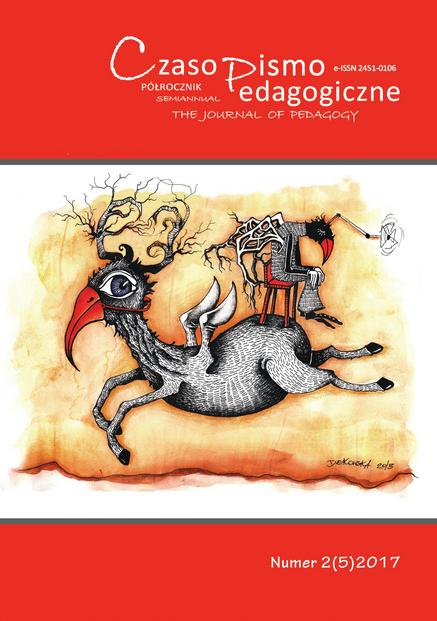NIEPEŁNOSPRAWNOŚĆ INTELEKTUALNA – TERMINOLOGIA I OBECNE UJĘCIA
Intellectual disability – terms and current approaches
Intellectual disability – terms and current approaches
Author(s): Joanna Leśniak, Marzena JakubekSubject(s): Sociology
Published by: Wydawnictwo Naukowe Akademii Pomorskiej w Słupsku
Keywords: onomastics; integrity; feature; state; criteria; classifications
Summary/Abstract: There is a worldwide tendency in the disability vocabulary to add the „with” conjunction between the type of and the person affected by it. A normal treatment of a person with problems shows their true value and integrity. No matter what the name of the disability is – it exists regardless of any labels. Terminology is not a question of language but mostly depends on the peoples’ attitude towards the disability itself. This terminology includes the personality and all aspects of a person’s life. It indicates an unfavourable situation, which a person is faced with, and which results from a damage or disability that is limiting or preventing his/her role. Classification of intellectual disability is important for research and practical purposes. It enables you to customize the environment and its requirements to the intellectual ability of a person with intellectual disability. The current approach is rather broad and includes dysfunctions in the intellectual, cognitive and emotional area. Such general and comprehensive approach to intellectual disability is based on the holistic theory about the unity of body, psyche and the intellect. Improper functioning or even a small deviation in one of the three aspects is suggestive of a disorder, disability of a human being.
Journal: Czasopismo Pedagogiczne
- Issue Year: 2/2017
- Issue No: 5
- Page Range: 53-67
- Page Count: 15
- Language: Polish

